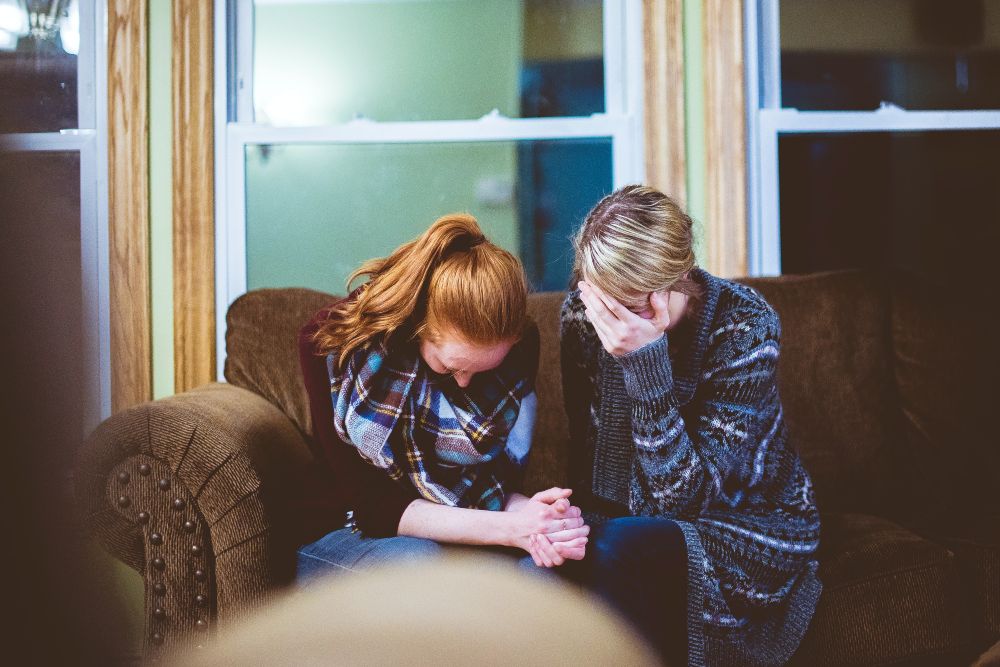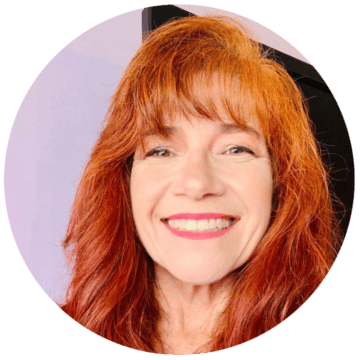


Complicated grief disorder is aptly named. This complex mental health disorder arises when an individual who has suffered a loss cannot overcome their intense grief. While the grief process is a normal human emotion that touches us all, it is meant to ease with time. When grief becomes a debilitating and unrelenting presence in one’s life, it becomes a case of complicated grief disorder.
Complicated grief can make people feel listless and alone. If you suspect someone in your life is suffering from CGD, talk to them about treatment. D’Amore Mental Health develops specialized treatment plans that address every facet of our patients’ wellbeing. We don’t just treat CGD symptoms –– we go after its root causes and give you the tools to live a healthy and happy life.

Grief is the price we pay for love. When someone close to us dies, the deep sadness that follows is a universal experience. No one is expected to suffer a loss and move on immediately.
However, with time and self-care, most people can accept their loss and achieve a sense of peace. If these feelings do not lighten in the following weeks or months, those left behind can feel utterly alone.
People with complicated grief live in a world where only their grief exists. Their suffering can become pervasive. They find it impossible to stop fixating on the deceased.
Healthy bereavement becomes CGD when someone is still grieving deeply even after three to six months. If you or someone in your life is unable to overcome their feelings of loss and devastation, contact D’Amore Mental Health. Our compassionate staff uses a range of treatment modalities that help our patients create new patterns of thinking and behavior.
Time away at our treatment facility helps people overcome their complicated grief symptoms while learning how to mourn those they lost healthily. Located in the sunny haven of Orange County, California, our facility is an inviting and motivating place to achieve peace.
10 to 20 percent of people mourning a loss will suffer from complicated grief disorder. While this disorder can affect anyone who is grieving, some risk factors influence the likelihood one will develop CGD. These include:
Unfortunately, losing those we love is unavoidable. Everyone will experience the trauma of loss at one or more points in their life. When death happens, those left behind must watch out for each other and seek help if the grief intensifies.
In the early aftermath of loss, the symptoms of complicated grief disorder are difficult to separate from healthy grieving. Grief is expected to be pervasive and intense in these early stages. If someone feels their loss deeply, this is not always a sign of an emotional or psychological imbalance.
However, if the emotional pain seems to be getting worse with time or persists for over six months, complicated bereavement disorder may develop. While different people express their grief in different ways, these behaviors are often signs of complicated grief disorder:


Complicated grief is a persistent, painful, joy-stealing condition that requires immediate help.
If someone in your life is experiencing complicated grief, show them your support. But bear in mind, the attention and love of friends and family members alone are not enough. The suffering individual needs comprehensive treatment to overcome their heartbreak. Most times, someone with CDG will find it difficult to seek treatment on their own.
Complicated grief therapy (CGT) helps the patient refocus on their surviving relationships and their personal goals. In addition to therapy, antidepressants may also help ease the burden of CG.
Practices like yoga, art, exercise, acupuncture, and music therapy also help restore emotional balance and reinforce a positive outlook on life.

At D’Amore Mental Health, we have success treating even the most severe cases of complicated grief. Using a blend of evidence-based psychotherapies, medicine management, and holistic therapies like art and yoga, we help you take your life back.
The goal of complicated grief treatment is not to make patients forget the memories they shared with their loved ones or to make their complex grief disappear. Instead, we arrange our treatments with the goals of resolution, acceptance, and forward-thinking.
Together, we can help you find happiness and move on while maintaining the memory of your loved one.
Don’t suffer through their complicated grief alone. The D’AmoreMental Health Team is here with the holistic tools to help you overcome. Call today to talk about residential treatment. Our psychologists will get started on a comprehensive plan to help you free yourself from the prison of grief.
Complicated grief is sometimes called persistent complex bereavement disorder. Complicated grief is the result of long-lasting, severe emotions that prevent you from recovering and resuming your life. The grieving process is experienced differently by different people.
Approximately 7% of people who have lost a loved one experience complicated grief. This condition involves excessive ruminating about the circumstances of the death, worrying about its consequences, or avoiding reminders of the loss.
Psychotherapy that treats complicated grief is commonly called complicated grief therapy. These techniques are similar to those used in psychotherapy for depression and PTSD, but they are specifically designed for complicated grief. Whether it is done individually or in a group setting, this treatment is effective.
Grief usually takes a year or more to process. A grieving person must resolve the emotional and life changes that come with the death of a loved one. For many years, it is normal to feel emotionally involved with the deceased, even though the pain may become less intense.
If you want to help someone with complicated bereavement, encourage them to connect with a comprehensive treatment program. This will provide the specialized care they need to overcome this painful condition. In order to ensure your loved one’s safety and promote rapid recovery, residential treatment is often required.
Grief that is complicated is a result of a person’s reaction to a loss, while grieving that is disenfranchised or anticipatory is a result of the nature of the loss.

Shanene spent 9 years working in a residential treatment facility for abused children as a Childcare worker. She spent the next 15 years working as a Special Educational Teacher’s Assistant working with moderate to severe children until she enrolled at California Baptist University where she obtained her master’s degree in Clinical Psychology.